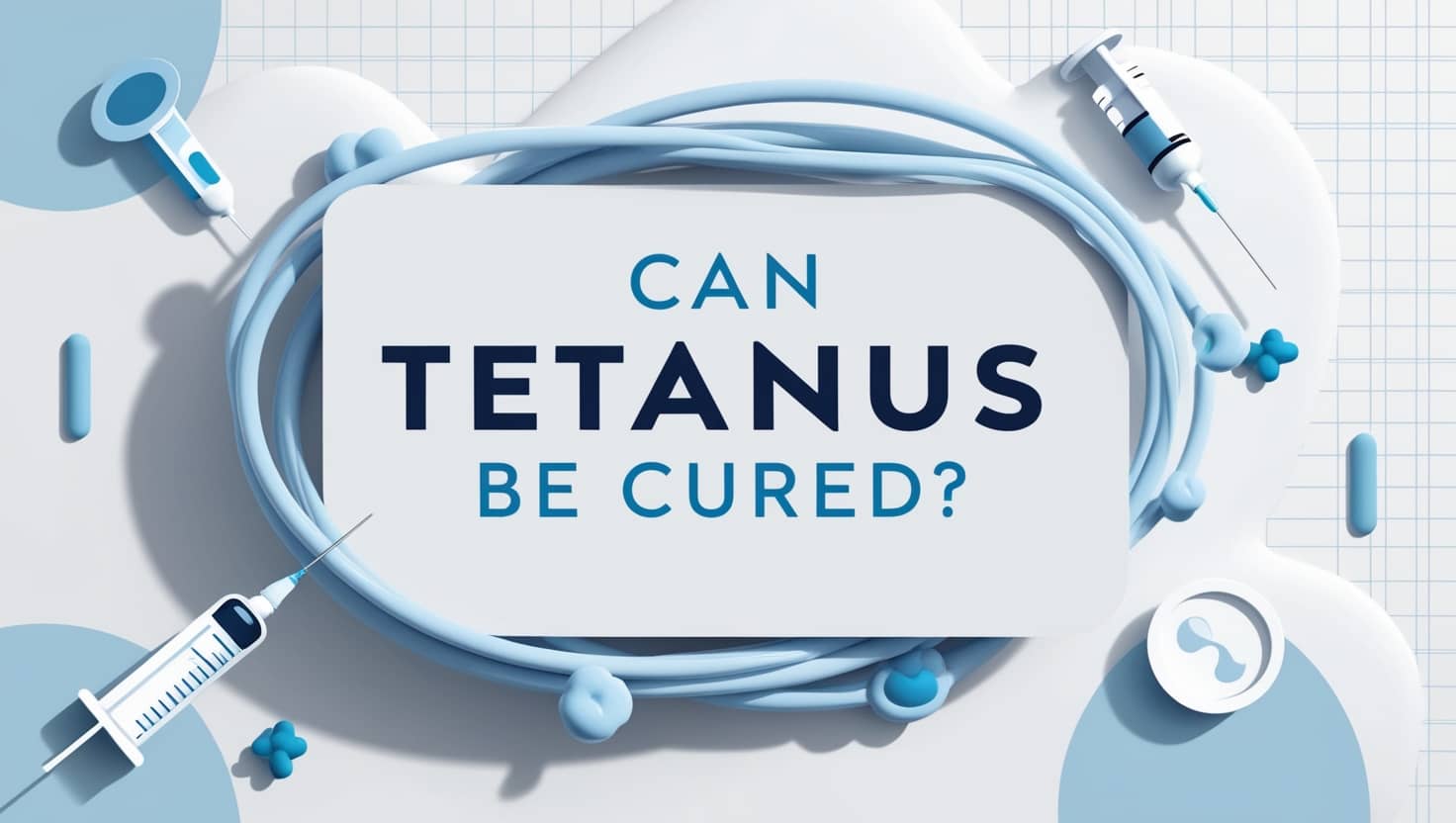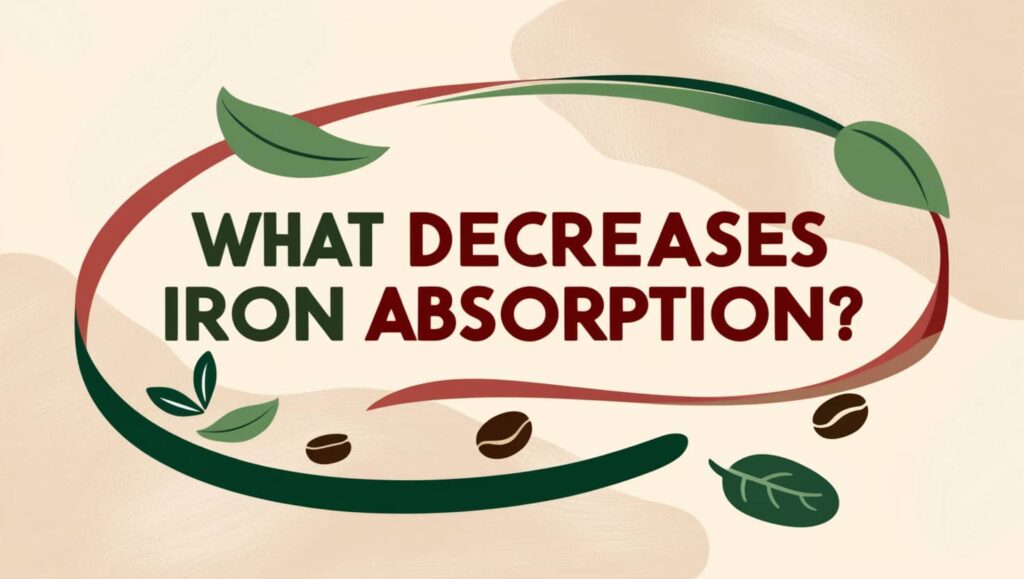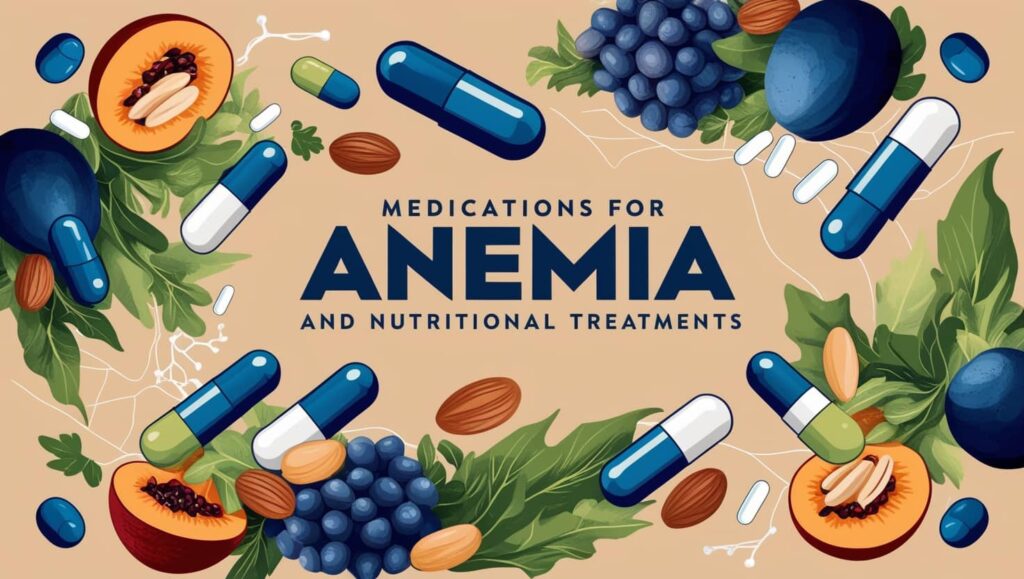What is Tetanus?
Tetanus is characterized by widespread hypertonia, which can cause excruciating jaw and neck muscle spasms. The condition primarily affects older people with declining immunity or those who have not received a vaccination. Worldwide, tetanus incidence and prevalence have declined due to immunization campaigns.
Causes
Tetanus is a gram-positive, spore-forming, obligate anaerobic bacillus caused by Clostridium tetani in soil, dust, or animal feces. It enters the human body through wound puncture, laceration, skin breaks, or inoculation with infected syringes or insect bites. High-risk populations include those not vaccinated, intravenous drug users, and immunosuppressed individuals. Tetanus spores are durable and can survive for prolonged periods. It can also develop from chronic conditions, burn patients, and those undergoing surgery.
Risks
Nowadays, almost all tetanus occurrences in the United States occur in adults who either, never vaccinated against tetanus or failed to have their yearly tetanus booster vaccination
Additional tetanus risk factors include:
- Being at least 70 years old
- Having immunosuppression due to diabetes
- Using intravenous drugs
- Dangers during natural catastrophes
Among the risk factors for newborn tetanus:
- Mothers who are not vaccinated home delivery
- Cutting the umbilical cord septically
- Tetanus in neonates in preceding child
- Applying infectious materials, such as mud, animal feces, or other similar materials, to the umbilical stump.
Symptoms of Tetanus
- Lockjaw, the grimace facial expression (risus sardonicus), drooling, uncontrollable urine and defecation, and back arching spasms (opisthotonus) that may induce respiratory distress and generalized muscle spasms accompanied by severe aches are some of the clinical characteristics of tetanus.
- Trismus usually appears as the initial symptom, followed by spasms that spread to the other parts of the body.
- Most patients have reflex spasms, which innocent external stimuli like light, touch, or noise can bring on.
Evaluation
- The tetanus clinical diagnosis has no specific laboratory test, but it can be confirmed through muscle contractures without other medical causes.
- Antitoxin levels, typically 0.01 IU/mL or higher, are considered protective.
- A spatula test, which involves touching the posterior pharyngeal wall, is highly specific and sensitive.
- Infections can occur in people with low anti-tetanus antibodies, and life-threatening complications include pneumonia, laryngospasm, rhabdomyolysis, gastrointestinal bleeding, cardiovascular instability, arrhythmias, hypertension, acute renal failure, and secondary wound infections.
Treatment Options for Tetanus: Can It Be Fully Cured?
- Tetanus has no known treatment. The best form of treatment is supportive and depends on early wound debridement, antibiotic therapy, and early intramuscular or intravenous administration of human tetanus immunoglobulin (HTIG).
- It also includes neuromuscular blockade, controlling various manifestations, and managing complications.
- Metronidazole, penicillin, antispasmodics like benzodiazepines, baclofen, vecuronium, pancuronium, and propofol are used for treatment.
- For severe cases, patients may be hospitalized in the ICU with sedation and mechanical ventilation. Benzodiazepines, such as diazepam and magnesium, are crucial for preventing respiratory or cardiovascular complications.
- Supportive care is essential for patients with autonomic instability, and magnesium is often used in combination with benzodiazepines. High-calorie diets are also important to compensate for increased metabolic use from muscle contractions.
- Management of respiratory status, cardiovascular complications, and autonomic dysfunction is essential for survival.
Preventing Tetanus: The Importance of Vaccination
The most effective plan of action is prevention, which includes adhering to vaccination recommendations, getting a booster shot every 10 years, and properly diagnosing and treating wounds and traumatic injuries. If these instructions and guidelines are followed, vaccinations do provide lifelong immunity.
Read Also: Is Influenza A Dangerous?
Summary
Interprofessional teams, including emergency medicine physicians, nurse practitioners, and primary care providers, collaborate to gather patient information and administer prophylaxis to prevent tetanus infection, ensuring timely treatment for patients with risk factors.
References
Bae, C., & Bourget, D. (2023). Tetanus. In StatPearls [Internet]. Treasure Island, FL: StatPearls Publishing. Retrieved from https://www.ncbi.nlm.nih.gov/books/NBK459217/.
Callison, C., & Nguyen, H. (2023). Tetanus prophylaxis. In StatPearls [Internet]. Treasure Island, FL: StatPearls Publishing. Retrieved from https://www.ncbi.nlm.nih.gov/books/NBK559008/








